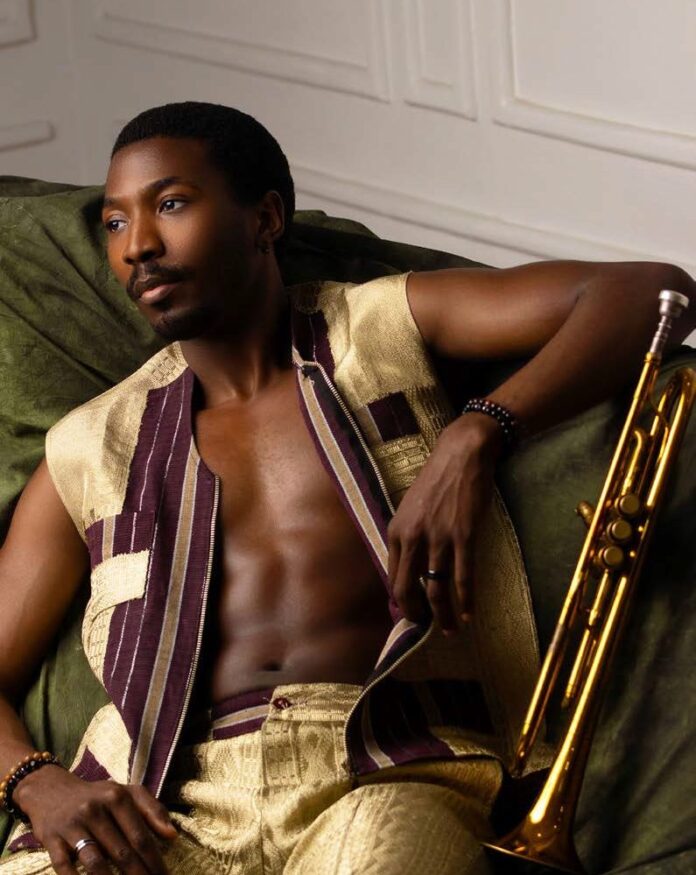Speaking in a recent episode of the Breakdown podcast, Grammy-nominated Afrobeat artist Made Kuti shared his deep reservations about continuing the legacy of activism for better governance in Nigeria — a path famously walked by generations of his family.
Reflecting on the sacrifices made by his lineage, Kuti pointed out that despite decades of advocacy, meaningful change has remained elusive.
“A lot of people, including myself, act on our feelings,” he said. “When you look at Nigeria and see how many years Fela fought, how my dad [Femi Kuti] fought, how my uncle Seun [Kuti] is speaking out now — even our matriarch, Funmilayo Ransome Kuti — and you realize, what has really changed?”
Referencing the brutal treatment of his great-grandmother, the iconic women’s rights activist who was reportedly thrown from a storey building during a protest, Kuti questioned the effectiveness of generational resistance. “She was a righteous person, so dedicated to Africa’s growth. She risked her life and was killed for it,” he said solemnly.
With these reflections in mind, the 28-year-old musician admitted that he often wonders whether his songs or performances can truly bring about the kind of change Nigeria needs. “What’s the chance that my song can really bring change?” he asked. “But I truly believe it’s not about the power of one individual — it’s the power of the collective.”
Though not identifying as an idealist, Kuti emphasized the importance of every citizen playing their part. “We can’t keep expecting what we didn’t deliver. For me, I play my part. I want to live knowing I did what I had to do,” he said.
However, Kuti was candid about drawing the line between activism and self-preservation. “Selflessness — I’m very careful with that. Giving and getting nothing in return. I believe we [the Kuti family] have done enough already,” he said. “I’ve really no interest in activism. I’m happy to be on the right side of history, but not at the cost of the wellbeing of my family and those around me.”
His comments offer a rare and honest glimpse into the emotional and generational weight of activism in Nigeria — and the personal toll it can take, even on those born into it.


